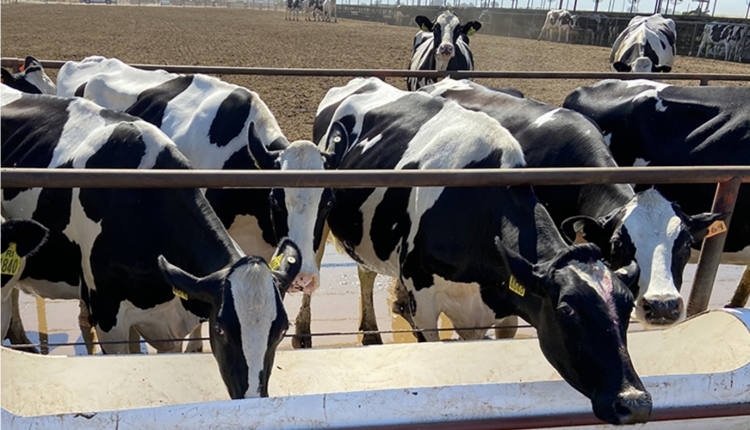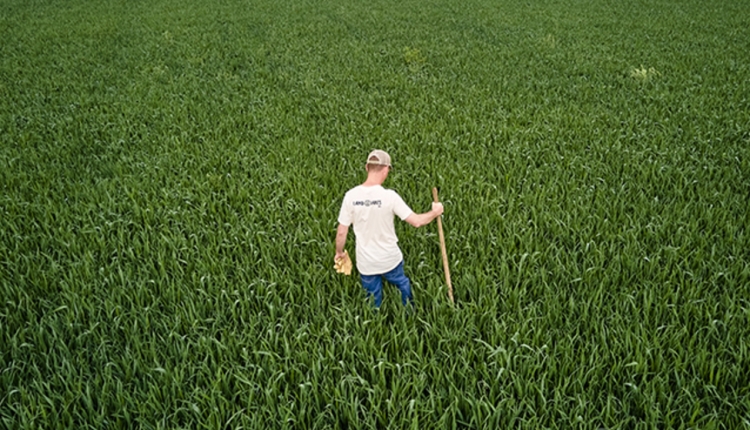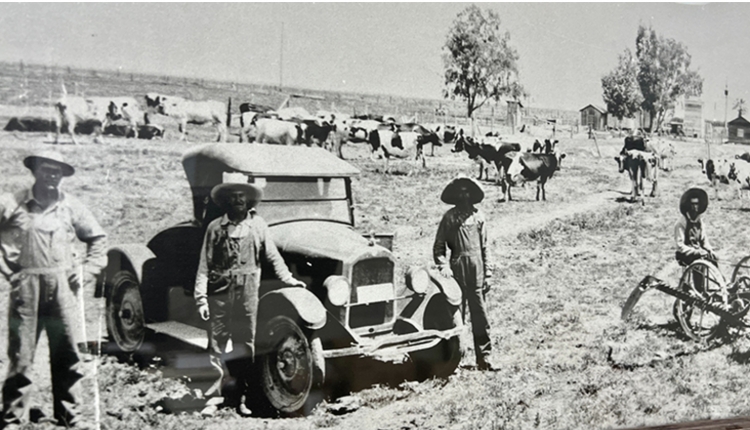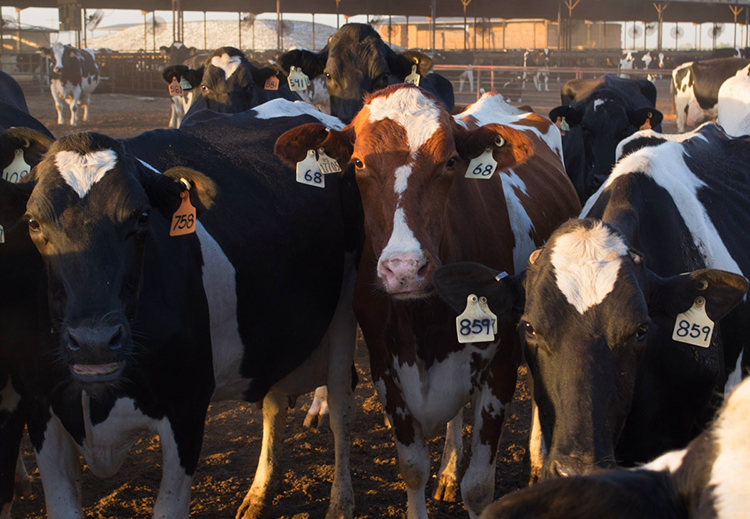
Cows may not use words to communicate but they sure know how to get their point across; and if you listen, they will tell you how to improve your margins. After college I started working full time on the family farm, and within the first year I learned more about cows than I had in my entire life. The biggest thing I learned was how to listen to a cow and figure out exactly what she is trying to tell me.
I started to listen out of necessity. I was faced with a problem. We had too many animals in our hospital barn, and the hospital barn tank couldn’t handle all the milk that we were sending to it. I was faced with a choice; get a bigger tank or stop making hospital cows.
What I realized was that through the management decisions we were making, we were negatively affecting our animals. So I started asking questions and did not stop until I found answers. What are we doing that is causing these animals to become ketotic, have metritis, mastitis, and so forth? Is it only a certain age group, lactation, or pen? We had to fix the problem instead of treating the symptom.
Making a symptom go away does not mean the problem is gone. For example, we had a huge problem with our transitional cows, but we were great at treating them. We were great at treating sick cows. That does not mean we fixed the problem; we merely put a bandage on the problem.
Through lots of research and personal trials, we found the solutions to our problems. It was not an antibiotic or the next greatest “snake oil” guaranteed to work; it was a series of cow management decisions that we made based on what the cows were telling us.
We stopped doing it our way and started doing it her way. By doing this, we reduced our usage of antibiotics in relation to the transition period by 94 percent and inevitably created a much healthier, happier cow with a much greater milk production curve and reproduction capabilities.
She will tell you what she needs, and if you listen closely, you will figure it out before it costs both of you.
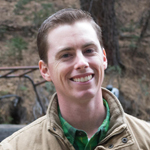
Tyler Ribeiro is a fourth-generation dairy farmer born and raised in California. He is currently partners with his father at Rib-Arrow Dairy in Tulare where they proudly ship their milk to Land O’Lakes. Tyler is actively involved in the dairy industry, holding leadership roles in various organizations locally and across the United States.
“Driving dry matter intake on dairy farms"
Dry matters intakes continue to be a leading contributor to calf growth, dry cow health, and lactating cow productivity. Hutjens will delve into the dry matter intake guidelines, including risks and rewards related to metabolic disorders, fertility, and milk production. The webinar is sponsored by Diamond V.






